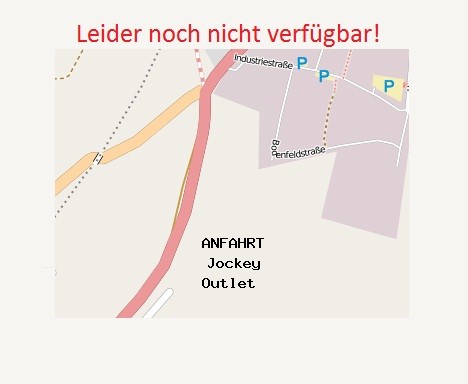

Initially manufactured in white, blue and black, Skants were eventually produced in a wider variety of colours. Skants sold well in the 1960's and into the 1970's especially in the US and the UK. The low-cut nylon and elastic brief, inspired by women's bikinis, had no front fly and was unlined apart from a small support panel at the lower front.

In 1958, the company introduced the first mass-sale men's bikini brief, known as 'Skants'. When they were introduced to the UK in 1938, they sold 3,000 a week. Coopers used a Mascul-liner plane to deliver masculine support briefs to retailers across the US. Over 30,000 pairs were sold within three months of their introduction. The company dubbed it the Jockey, claiming it offered support like a jockstrap. Designed by so-called 'apparel engineer' Arthur Kneibler, briefs dispensed with leg sections and had a Y-shaped overlapping fly. sold the world's first briefs at the Marshall Field's State Street store in downtown Chicago. On January 19, 1935, during a blizzard, Coopers Inc. was nearly bankrupt due to the Great Depression. In 1900, Cooper began making undergarments. Cooper began the business after hearing that lumberjacks suffered from poorly constructed wool socks. Joseph, Michigan in 1876 as a hosiery business. Jockey was originally named Coopers Inc., and was found by Samuel T. Jockey invented the first men's Y-Front brief in 1934 and is a recognized trademark in 120 countries. The company is based in Kenosha, Wisconsin. is an American manufacturer and retailer of underwear, sleepwear, and sportswear for men, women, and children. (Richards admitted to her he was an altar boy at Westminster Abbey and a soprano soloist until puberty kicked in and his voice dropped.Jockey International, Inc. Turner chatted in a casual, conversational tone that made stars such as Keith Richards of the Rolling Stones and Bruce Springsteen feel at ease.
#Jockey outlet series#
and led to a long-form series called "Off the Record Special." The show aired on more than 200 radio stations in the U.S. Turner demonstrated her ability to connect with rock stars on "Off the Record," a short-form interview program launched in 1979 by Westwood One. She knew the artists and she spoke their language, which made her a very effective interviewer." Michael Harrison, the editor of the radio industry publication Talkers and a colleague of Turner at Westwood One, said she possessed the authenticity the rock audience demanded at the time. "I'm partying every single night from 6 to 10," she said. In a 1981 interview, Turner described her on-air approach as "let's live it up, have a good time, let the music do the talking." They even curled up with her in the confines of a small studio. The incident led her to travel with two large German shepherds as protection.

Her smooth-as-glass vocal delivery had a special appeal to young male listeners, including one who tried to get into the station at night to meet her, according to friend and former KMET colleague Ace Young. Turner became one of the station's signature personalities along with B. By the end of the 1970s, KMET, which called itself "The Mighty Met," was the second-most listened-to station in the Los Angeles market. She moved to Los Angeles to join KMET in 1972 and was part of its evolution from a free-form "underground" station to a more commercial album-oriented rock format. She eventually moved to KSAN-FM, the station programmed by Tom Donahue, who is credited with first developing the progressive radio format that played album cuts instead of just the hit singles heard on the AM dial.Īt KSAN-FM, Turner worked as an engineer and did some fill-in air shifts.
#Jockey outlet tv#
She moved to San Francisco, where she answered phones at Autumn Records, the label where Sly Stone toiled as a producer, and later landed a job in the promotion department of local TV station KNEW. After graduating from Indiana University in the late 1960s, Turner hoped to pursue a career as a TV producer or director. A Gallup research study in 1981 found that her voice was heard by 23.4 million people a week. She also hosted an in-flight music program for airline TWA. Turner had two nationally syndicated programs on Westwood One, the company founded by her late husband, media executive Norman Pattiz, and broadcast to troops in 40 countries through the Armed Forces Radio and Television Service.


 0 kommentar(er)
0 kommentar(er)
